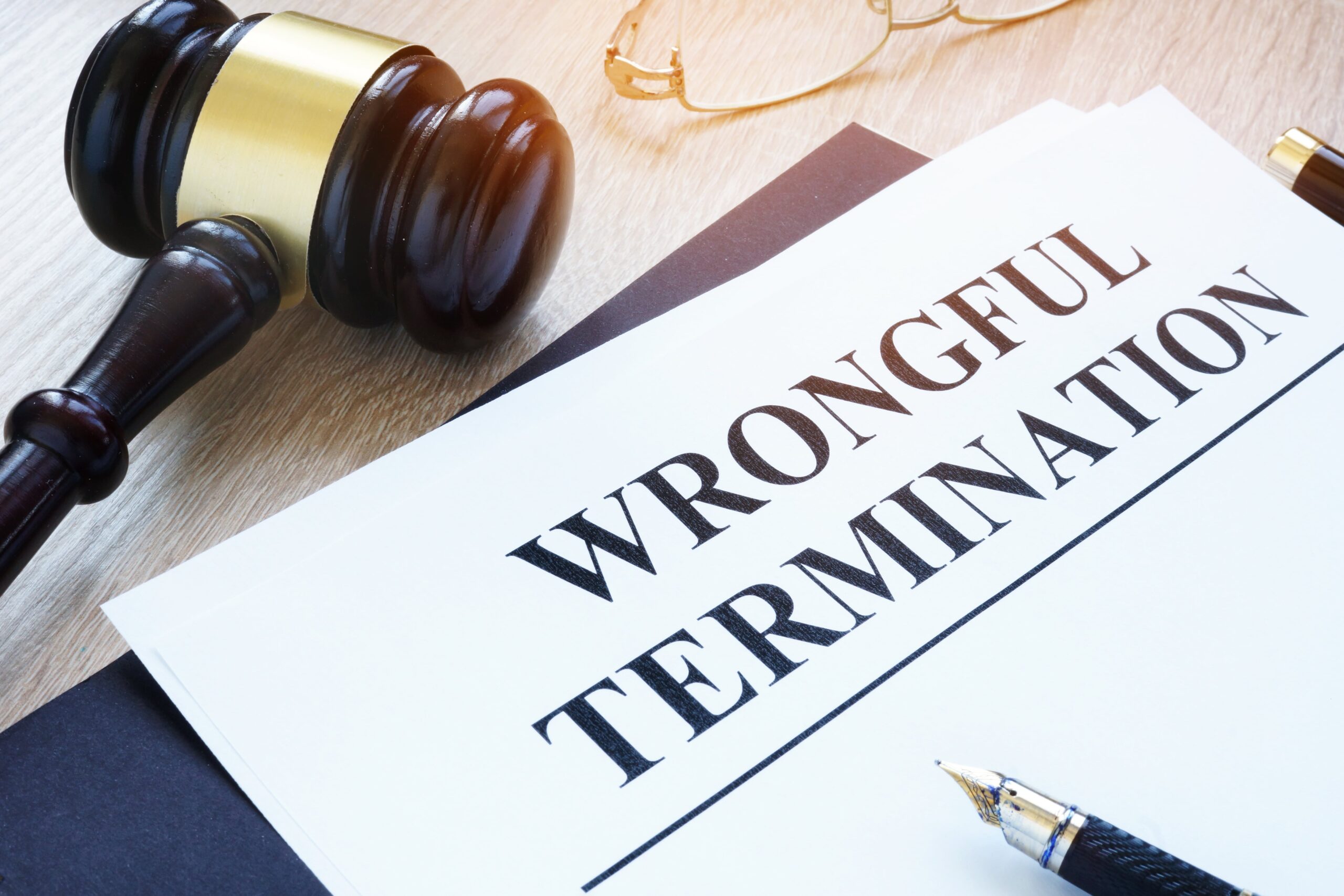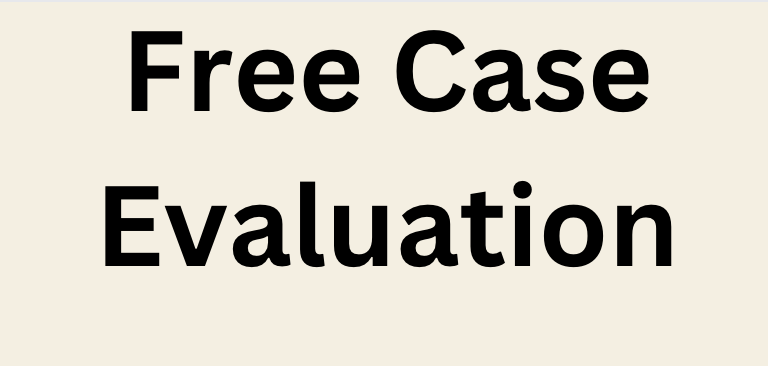Wrongful Termination in California: Determining Your Rights

Wrongful termination encompasses various situations where an employee is fired in violation of state or federal laws. In California, both at-will and contract employees can be protected from wrongful termination.
California has several laws in place to protect employees from wrongful termination
- The Fair Employment and Housing Act (FEHA): Prohibits discrimination and harassment in the workplace based on protected characteristics such as race, gender, religion, disability, and more.
- Whistleblower Protection Laws: Protect employees who report illegal activities, unsafe conditions, or unethical behavior in the workplace.
- Public Policy Exceptions: California recognizes certain public policy exceptions that make certain terminations unlawful, such as firing an employee for refusing to engage in illegal activities.
- Breach of Employment Contracts: Wrongful termination can also occur when an employer violates the terms of an employment contract or implied contract.
An experienced employment law attorney can play a pivotal role in your case
- Legal Evaluation: Attorneys can assess your situation, review the evidence, and determine if you have a valid claim for wrongful termination.
- Filing Complaints: Attorneys can assist in filing complaints with relevant government agencies such as the California Department of Fair Employment and Housing (DFEH) or the Equal Employment Opportunity Commission (EEOC).
- Negotiation: Lawyers can engage in negotiations with your employer to seek a favorable settlement that may include reinstatement, compensation, or other remedies.
- Litigation: When negotiations fail, attorneys can represent you in court, presenting your case and seeking legal remedies.
If you prevail in a wrongful termination case in California, you may be entitled to remedies
- Reinstatement to your former position.
- Backpay for lost wages and benefits.
- Front pay (future lost wages).
- Compensatory damages for emotional distress.
- Punitive damages in cases of extreme misconduct by your employer.
- Attorney’s fees and court costs.
It’s important to note that there are strict time limits for filing wrongful termination claims in California. The statute of limitations varies depending on the specific circumstances of your case. Consulting with an attorney promptly is crucial to ensure your claim is filed within the applicable deadlines.
You don’t need to figure all of this out on your own. Call us and we will help you determine not only whether you’ve been wrongfully terminated, but also what the best path forward is for you.
California Wrongful Termination FAQ
- What are the typical reasons that could lead to a wrongful termination claim in California?
In California, wrongful termination might occur if you’re fired for reasons like discrimination (based on race, gender, etc.), retaliation for whistleblowing, violating public policies, or if your dismissal breaches an employment contract. - Does being replaced by someone significantly younger indicate wrongful termination?
If you’re over 40 and replaced by a much younger employee, it could suggest age discrimination. This scenario might be considered wrongful termination, particularly if age seems to be the factor behind your dismissal. - Can my employer fire me without a reason under “at-will” employment?
Even though “at-will” employment allows termination without a stated reason, it doesn’t permit firing for unlawful reasons. This includes discrimination, retaliation, or other rights violations. - Is it wrongful termination if I’m fired for reporting illegal actions by my employer?
Yes, if you’re terminated for reporting illegal activities or safety violations at your workplace, this could be seen as retaliation and grounds for a wrongful termination claim. - Can my employer legally terminate me for filing a workers’ compensation claim?
No, it’s not lawful for an employer to fire you for filing or intending to file a workers’ compensation claim. Such retaliatory actions are considered wrongful termination. - What are some common legal grounds for filing a wrongful termination lawsuit in California?
Common legal grounds include being fired due to discrimination, whistleblower activities, violating implied contracts or public policies, filing workers’ compensation claims, WARN Act violations, or issues related to legally protected leaves. - What compensation might I be entitled to in a wrongful termination lawsuit?
In a wrongful termination case, you might be entitled to compensation that includes lost wages, back pay, emotional distress damages, legal fees, and sometimes punitive damages. - How long do I have to file a wrongful termination lawsuit in California?
The time you have to file a lawsuit varies. Generally, it’s 2 years for implied contract or public policy violations and 3 years for violations related to FEHA, whistleblower retaliation, or WARN Act violations. - Are there specific cases with different statutes of limitations for wrongful termination?
Yes, the statute of limitations can vary based on the type of wrongful termination claim. Breach of implied contract and public policy have a 2-year limit, while FEHA retaliation and WARN Act violations generally have a 3-year limit. - What if I’m retaliated against under the Sarbanes-Oxley Act?
If you face retaliation under the Sarbanes-Oxley Act, you generally have up to 4 years to file a lawsuit, provided the Department of Labor hasn’t acted on your complaint within 180 days.
